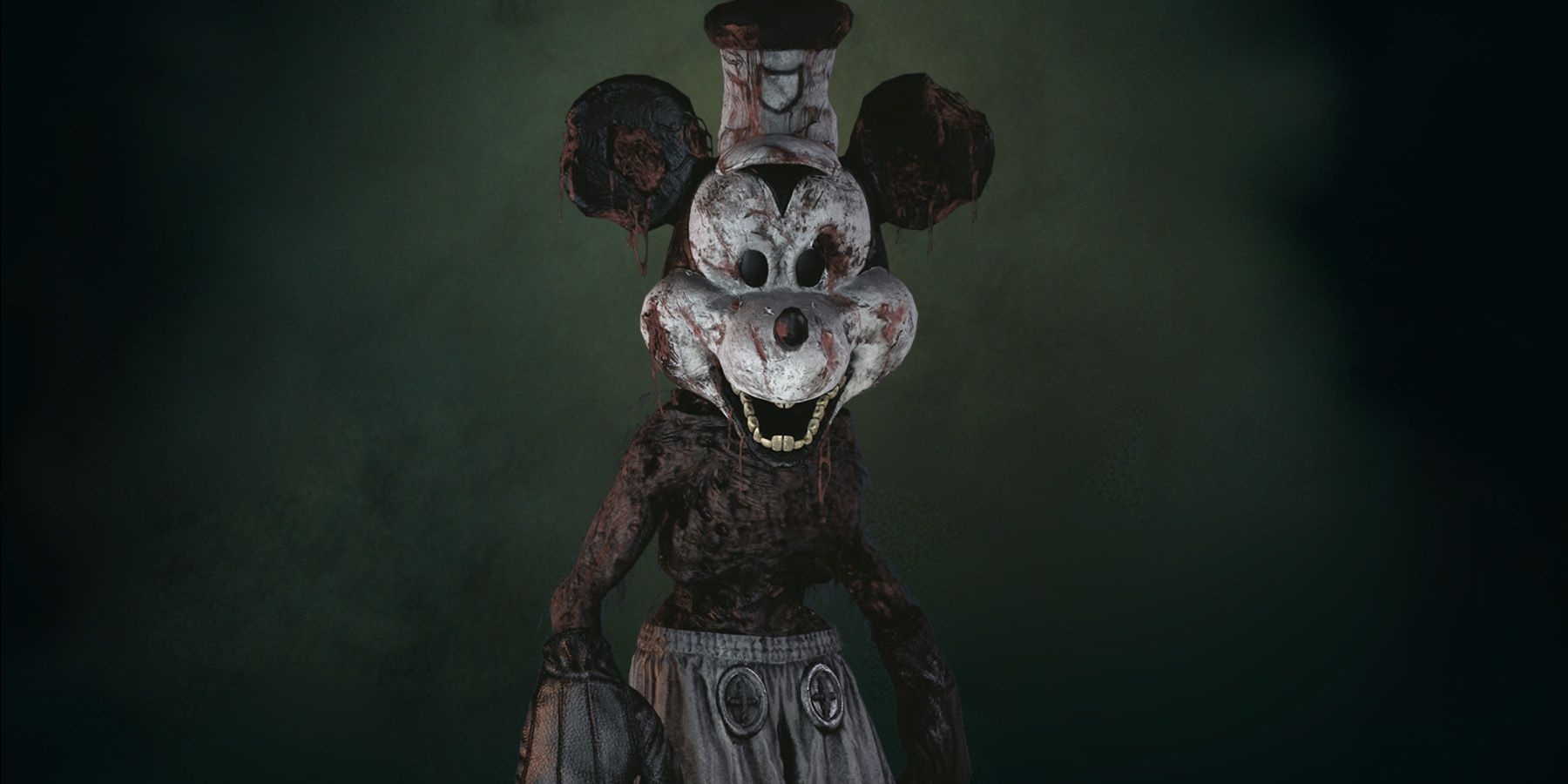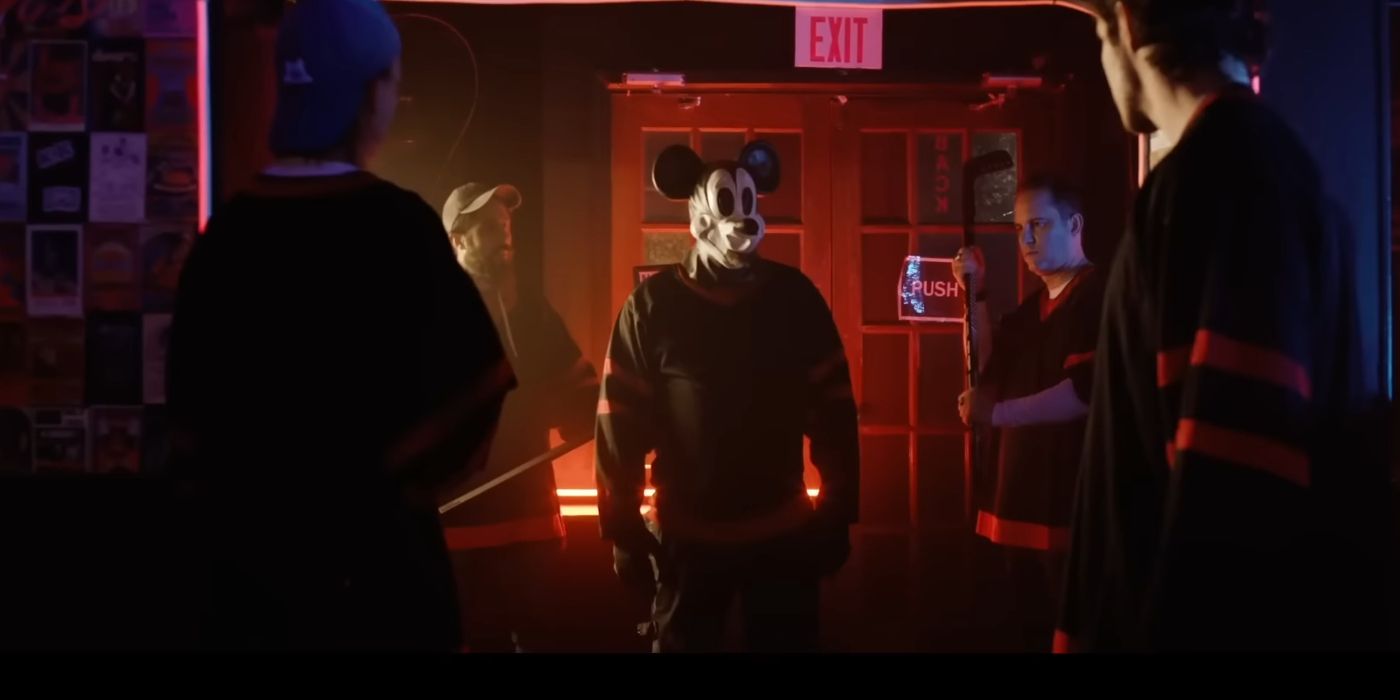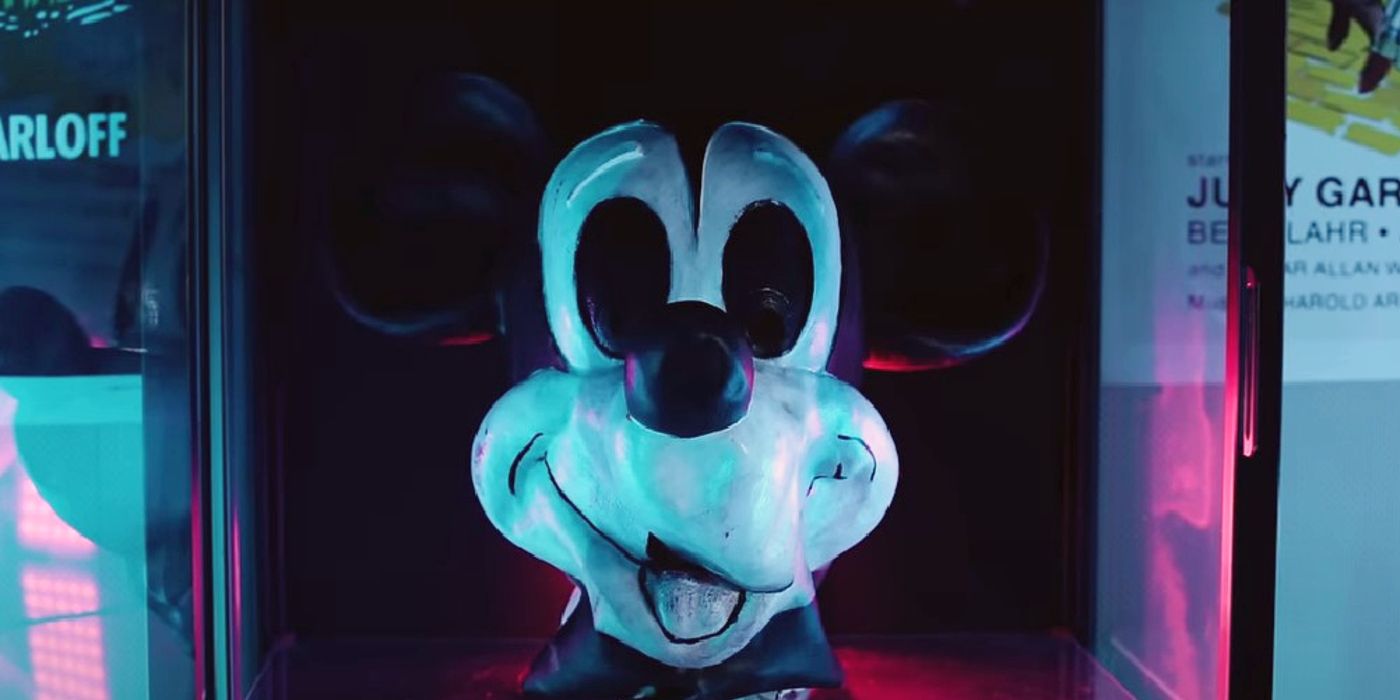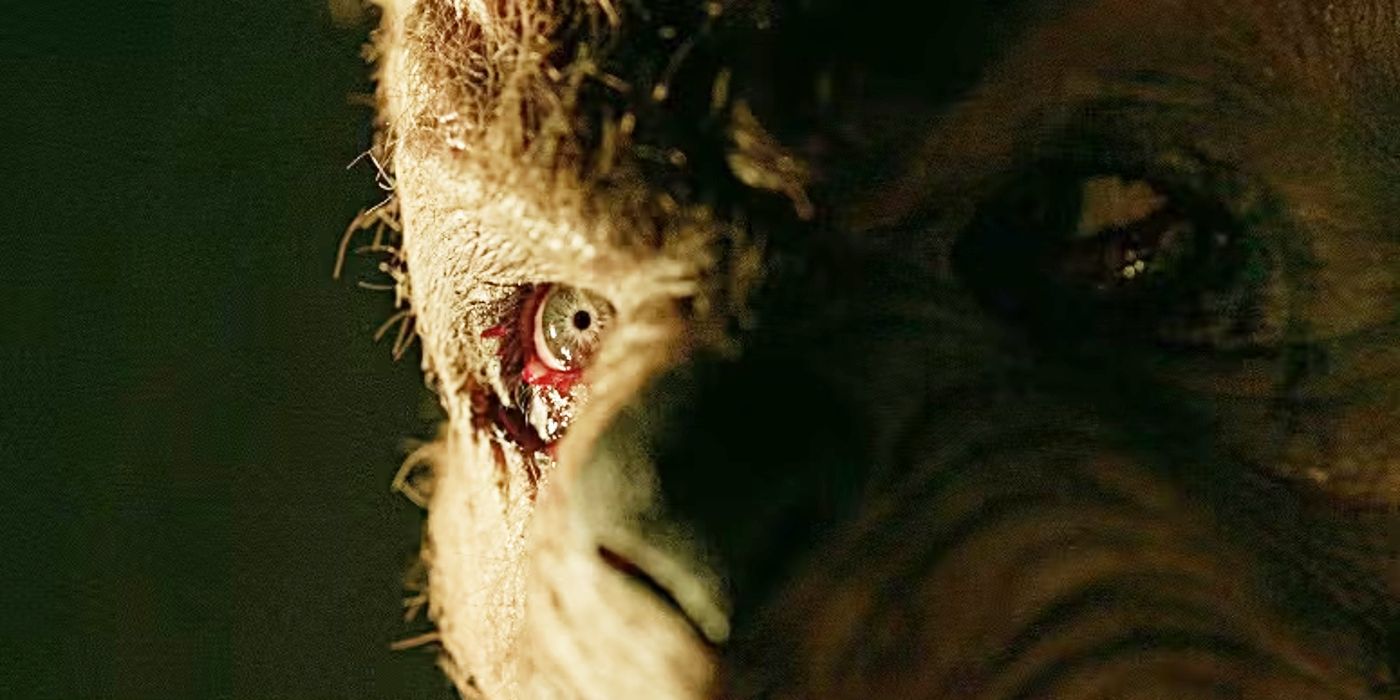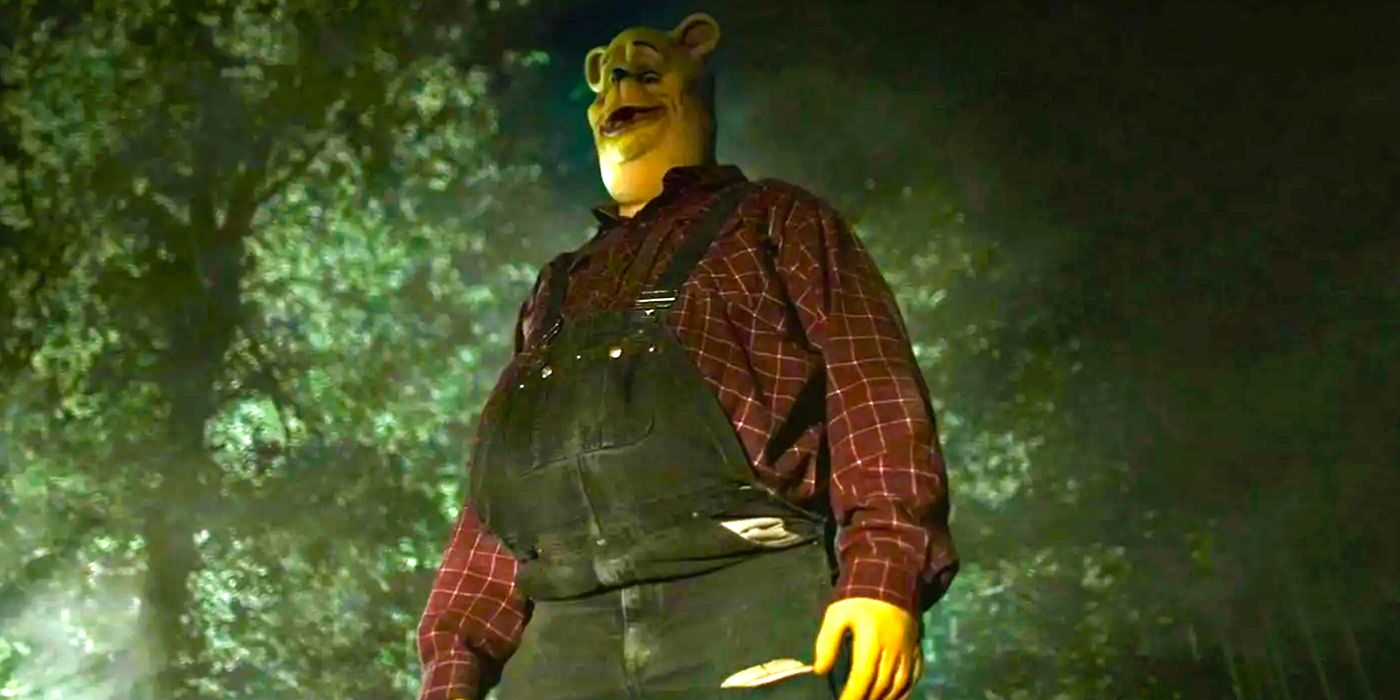
The Controversy of Steamboat Willie Adaptations: A Threat to Creativity

The recent surge of horror adaptations based on Steamboat Willie has sparked controversy and raised concerns about copyright infringement and creative integrity. Rhys Frake-Waterfield, the writer/director of Winnie-the-Pooh: Blood and Honey, has expressed his apprehensions about the trend and its potential legal ramifications. As multiple new takes on iconic childhood properties emerge, the debate intensifies over the impact of these adaptations on the entertainment industry and the risk of facing lawsuits from major corporations like Disney.
The Warning Against Steamboat Willie Horror Adaptations
Rhys Frake-Waterfield, known for his work on Winnie-the-Pooh: Blood and Honey, has raised concerns about the proliferation of horror adaptations based on Steamboat Willie. The expiration of the copyright on the classic Mickey Mouse short at the start of 2024 has led to the emergence of multiple new takes on the property, including an upcoming slasher movie revolving around a killer dressed as Mickey in an amusement arcade. Frake-Waterfield expressed his apprehensions about the trend and its potential legal implications, warning against the potential for lawsuits between filmmakers and Disney.
Mickey Mouse as he appears in Infestation 88, with a horror-oriented version of his Steamboat Willie look.
In a recent interview with IndieWire, Frake-Waterfield emphasized the ethical and legal considerations surrounding public domain adaptations. He criticized the assumption that anything in the public domain can be freely adapted without consequences, highlighting the potential for costly lawsuits and the impact on the quality and longevity of such projects. Frake-Waterfield's insights shed light on the complexities of public domain adaptations and the need for a more selective and high-quality approach to creative reinterpretations.
Mickey Mouse surrounded by people in Mickey's Mouse Trap
The Future of Steamboat Willie Adaptations: A Threat to the Genre Trend?
The surge of adaptations based on Steamboat Willie has prompted discussions about the future of the genre and its potential impact on the entertainment industry. With multiple new movies and video games in development, including a slasher take on Dr. Seuss's How The Grinch Stole Christmas, the trend raises questions about the sustainability of public domain-twisting titles and the risk of facing legal challenges from major corporations like Disney.
a creepy looking Mickey Mouse mask in mickey's mouse trap
The controversy surrounding the genre trend extends to the creative and commercial viability of horror adaptations. While some fans may appreciate the innovative approach, concerns about the negative reception of previous adaptations, such as The Mean One and Winnie-the-Pooh: Blood and Honey, highlight the need for greater creativity and quality in these reinterpretations. The potential impact of legal disputes and the response of general audiences add complexity to the ongoing debate over the future of Steamboat Willie adaptations and the broader implications for creative expression.
Winnie-the-Pooh looking angry in Winnie-the-Pooh: Blood and Honey 2
The Impact of Steamboat Willie Adaptations: Balancing Creativity and Copyright
The controversy surrounding Steamboat Willie adaptations reflects a broader discussion about the balance between creativity and copyright in the entertainment industry. The clash between the creative reinterpretation of iconic childhood properties and the legal constraints imposed by copyright expiration raises complex ethical and legal considerations. As filmmakers and creators navigate the complexities of public domain adaptations, the need for a more nuanced and responsible approach becomes increasingly evident. The ongoing debate over the impact of these adaptations on the entertainment industry underscores the importance of striking a balance between creative innovation and respect for intellectual property rights.
Pooh in Winnie-The-Pooh Blood and Honey
